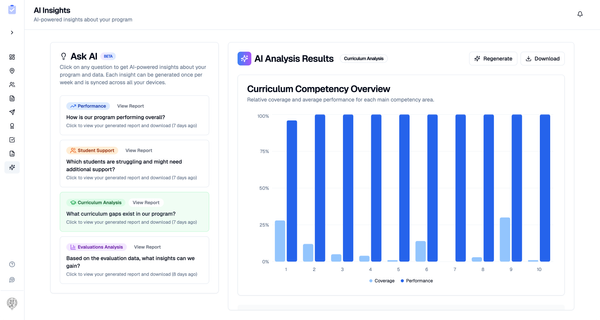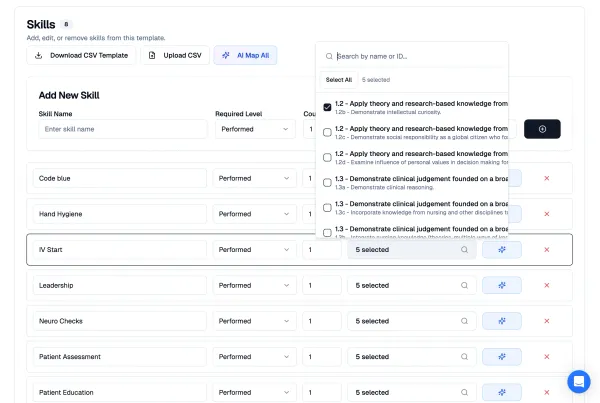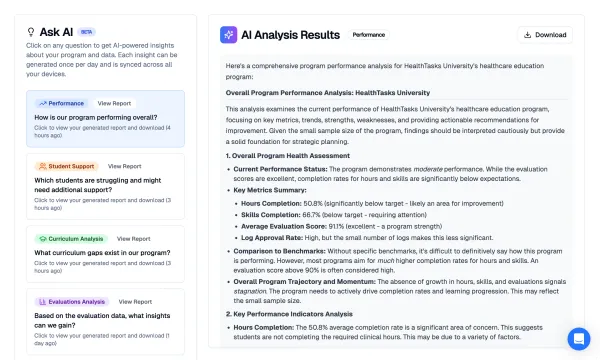6 Highest Paid Nursing Careers With Salary Data and Education Requirements

Nursing is a rewarding career that offers many opportunities for growth and advancement. Not only do nurses provide essential care to patients, but they can also earn a competitive salary. In this article, we will explore some of the highest paid nursing careers, including salary data and information on job duties and education requirements.
1. Nurse Anesthetist
A nurse anesthetist is a highly trained advanced practice nurse who administers anesthesia to patients. They work in a variety of settings, including hospitals, surgical centers, and dental offices.
According to the Bureau of Labor Statistics (BLS), the median annual salary for nurse anesthetists was $183,580 as of May 2020. In order to become a nurse anesthetist, you must complete a master’s degree program in nurse anesthesia and pass a national certification exam.
2. Nurse Practitioner
Nurse practitioners are advanced practice nurses who provide primary and specialty healthcare services to patients. They can diagnose and treat medical conditions, prescribe medications, and order diagnostic tests.
The BLS reports that the median annual salary for nurse practitioners was $111,680 as of May 2020. In order to become a nurse practitioner, you must complete a master’s degree program in nursing and obtain national certification in your specialty area.
3. Nurse Midwife
Nurse midwives are advanced practice nurses who provide primary and specialty healthcare services to women, including prenatal care, childbirth, and postpartum care. They can also provide gynecological and family planning services.
The BLS reports that the median annual salary for nurse midwives was $111,130 as of May 2020. In order to become a nurse midwife, you must complete a master’s degree program in nursing and obtain national certification in midwifery.
4. Nurse Researcher
Nurse researchers are nurse scientists who conduct research studies to improve patient care and healthcare outcomes. They can work in a variety of settings, including hospitals, universities, and research institutions.
According to PayScale, the average annual salary for nurse researchers is $84,700. In order to become a nurse researcher, you must complete a doctoral degree in nursing and obtain research experience.
5. Clinical Nurse Specialist
Clinical nurse specialists are advanced practice nurses who specialize in a specific patient population or healthcare setting. They can provide direct patient care, consult with other healthcare providers, and develop policies and procedures for patient care.
The BLS reports that the median annual salary for clinical nurse specialists was $113,930 as of May 2020. In order to become a clinical nurse specialist, you must complete a master’s degree program in nursing and obtain national certification in your specialty area.
6. Nurse Educator
Nurse educators are registered nurses who teach nursing students in academic and clinical settings. They can develop curricula, teach courses, and provide mentorship to nursing students.
According to PayScale, the average annual salary for nurse educators is $74,100. In order to become a nurse educator, you must have a minimum of a bachelor’s degree in nursing and obtain teaching experience.
If you’re interested in pursuing a nursing career with a higher earning potential, consider exploring one of these highest paid nursing careers. Keep in mind that education and certification requirements can vary depending on the specialty area, so be sure to research the specific requirements for your chosen career path.





